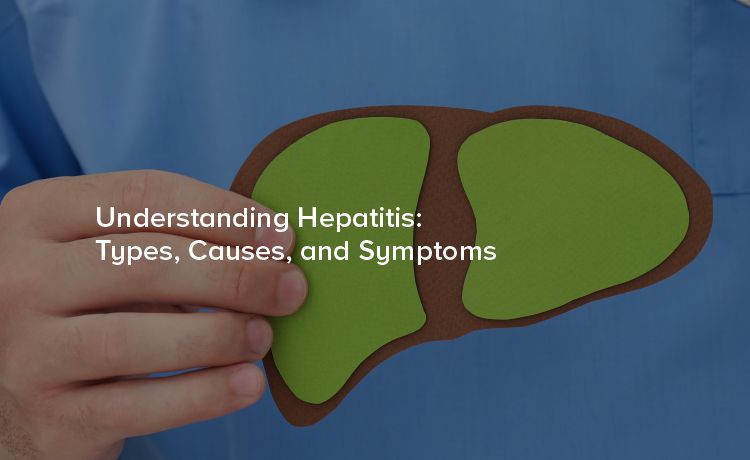
Hepatitis is a medical condition characterized by the inflammation of the liver.
Hepatitis A
Hepatitis A is a highly contagious liver infection caused by the hepatitis A virus (HAV). It is usually transmitted through ingestion of contaminated food or water. Unlike other forms of hepatitis, hepatitis A does not lead to chronic liver disease and is usually self-limited.
Hepatitis B
Hepatitis B is a serious liver infection caused by the hepatitis B virus (HBV). It can become chronic, leading to long-term liver issues such as cirrhosis or liver cancer. HBV is transmitted through contact with infectious body fluids, such as blood, semen, and vaginal fluids.
Hepatitis C
Hepatitis C is caused by the hepatitis C virus (HCV) and is often a silent infection for many years until liver damage becomes apparent. It is primarily spread through blood-to-blood contact, often through contaminated needles or unscreened blood transfusions.
Hepatitis D
Hepatitis D, also known as delta hepatitis, is a liver infection caused by the hepatitis D virus (HDV). It only occurs in individuals who are already infected with hepatitis B, as HDV requires HBV to replicate. This co-infection can lead to more severe complications than HBV alone.
Hepatitis E
Hepatitis E is caused by the hepatitis E virus (HEV) and is typically spread through fecal contamination of drinking water. Although it generally results in acute liver infection, it can be particularly dangerous for pregnant women.
Viral Infections: The most common cause of hepatitis worldwide is viral infections, specifically hepatitis viruses A, B, C, D, and E.
Alcohol Consumption: Chronic alcohol abuse can lead to alcoholic hepatitis, which inflames liver cells and can cause long-term liver damage.
Medications and Toxins: Certain medications, toxic substances, and exposure to chemicals can induce hepatitis.
Autoimmune Diseases: In autoimmune hepatitis, the body's immune system attacks liver cells, leading to inflammation.
Non-Alcoholic Fatty Liver Disease (NAFLD): Associated with obesity and metabolic syndrome, NAFLD can progress to non-alcoholic steatohepatitis (NASH) and cause liver inflammation.
The symptoms of hepatitis can vary depending on the type and severity of the infection. Common symptoms include:
It's important to note that some individuals, especially with hepatitis B and C, may not exhibit symptoms until liver damage has progressed significantly. Regular screening and early diagnosis are crucial for managing the condition effectively.
Understanding the differences between the various types of hepatitis, their causes, and symptoms can help you take proactive steps in prevention and early detection. If you suspect you have any form of hepatitis, seek medical advice promptly for appropriate testing and treatment. For the best hepatitis treatment hospital in Hyderabad, you can always count on Citizens Specialty Hospital.